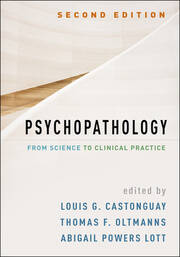Coping with Cancer DBT Skills to Manage Your Emotions-and Balance Uncertainty with Hope
This compassionate book presents dialectical behavior therapy (DBT) a proven psychological intervention that Marsha M. Linehan developed specifically for the impossible situations of life-and which she and Elizabeth Cohn Stuntz now apply to the unique challenges of cancer for the first time. *How can you face the fear sadness and anger without being paralyzed by them? *Is it possible to hold on to hope without being in denial? *How can you nurture supportive relationships when you have barely enough energy to take care of yourself? Learn powerful DBT skills that can help you make difficult treatment decisions manage overwhelming emotions speak up for your needs and tolerate distress. The stories and collective wisdom of other cancer patients and survivors illustrate the coping skills and show how you can live meaningfully even during the darkest days. | Coping with Cancer DBT Skills to Manage Your Emotions-and Balance Uncertainty with Hope

















































